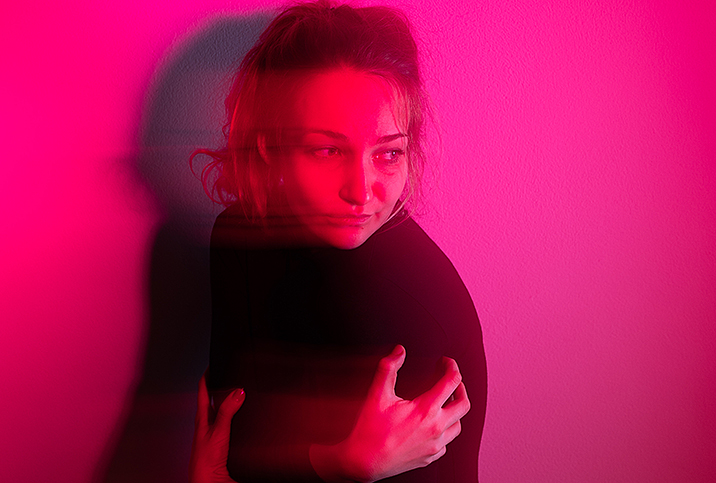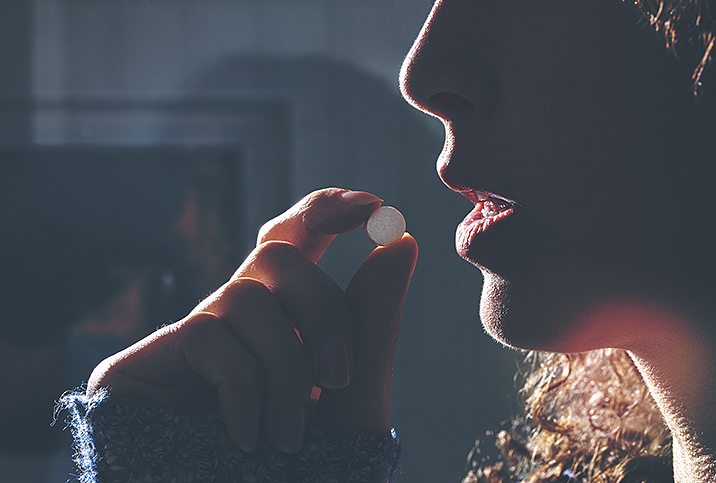A Brief Look at Hypoactive Sexual Desire Disorder

Life gets crazy sometimes.
Work picks up, you get busy between your children's extracurricular activities and you gain a little weight. And on your 10th wedding anniversary, you admit you've been feeling tired, a little depressed and you've stopped having sex.
It's not that you don't want to––or do you? Perhaps you used to feel you couldn't live without sex, but suddenly it's not a priority. You may be second-guessing yourself or feeling less attractive these days. When you stop to think of your sexual past––positions you've tried, one-night stands––it all seems laughable at this point. Is something wrong with your libido or is this just part of getting older?
More than low libido
Hypoactive sexual desire disorder (HSDD) is simply having little to no sex drive. Typically, those who have HSDD are sexually frustrated, have trouble reaching orgasm and are unresponsive to their partner's sexual advances, including touch. HSDD affects all genders and all ages, and occurs over time or in specific situations.
Sure, there are times when you don't want to have sex––this is normal. It's also normal to be asexual, meaning you just don't find other people sexually attractive, don't want to have sex or otherwise feel kind of "meh" about the act. However, if you've seen a decrease in libido and a resulting drop in quality of life, it may be time to explore why.
What causes HSDD?
According to Planned Parenthood, there are many possible causes for HSDD, such as:
- Mental health issues such as anxiety, including performance anxiety and depression or self-esteem issues
- Stress, particularly involving work or relationships
- Hormonal issues involving sex hormones, such as menopause
- Certain medications, such as antidepressants and blood pressure medications
- Fatigue or sleep disorders, which can have their own contributing factors
- Erectile dysfunction symptoms, which can create further self-esteem issues if untreated
What is the cure?
If you can acknowledge the possibility of your having HSDD, you are ahead of the game, and can try many things to turn your sex drive around. First, speak openly about your symptoms with your doctor. An honest conversation with your doctor will help them determine an appropriate treatment. Bloodwork may be needed if you are dealing with a hormonal imbalance, or they may even recommend seeing a therapist. Your treatment has to be tailored to your individual needs since symptoms vary.


















